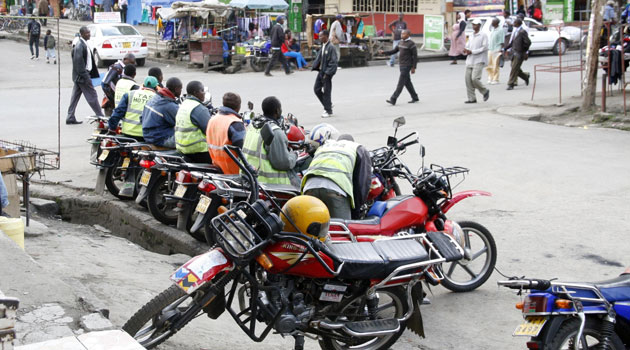I have written about it before, only that during the campaign period we were a lot more critical of the different political formations’ promises. After the elections, the song continues but the tune is different because we are now talking about implementation and the unpacking of some of these promises that are poised to change the lives of Kenyans. One of the most consequential election promise by the President was the Sh50 billion hustlers’ funds. This fund is set to afford hardworking, low-income earners, popularly referred to as ‘hustlers’ with collateral-free cheap credit to start businesses or boost their businesses from the bottom up.
The hustlers’ fund was packaged as an employment creation agenda, but there are indications that if implemented equitably and within the context of robust research, it can serve much more than create employment. It can help many Kenyans create wealth and get into the tax bracket; it can boost the circulation of money in different local economies within the country thereby address the issues of economic disparities, especially if the fund is devolved rather than centralized; but most importantly it is the one campaign promise that if fulfilled will mitigate any sense of post-victory disillusionment among the many young people who voted for Kenya Kwanza. In fact, to address economic disparities and help folks create wealth in all parts of this country from the bottom up, the funds ought to be decentralized.
You see, this Ministry of Cooperatives and SME development that will be established should work out a plan that will ensure the funds are equitably distributed to the 47 counties such that far flung counties like Migori, Wajir, Turkana and Elgeyo Marakwet for example have a quota from which hustlers in these counties can access. Such a strategy would ensure that no hustler is disenfranchised because of where they come from or outmuscled by tech savvy urbanite hustlers who have mastered the terrain of hustling. This ministry should also be charged with the noble task of ensuring that hustlers in different parts of this country are capacitated through training, coaching and mentorship to guarantee that all the hustlers who apply for the funds have the necessary requirements to secure property rights, access to finance and understand a supportive regulatory framework. In fact, we can borrow from the successes of China which today has millions of Chinese hustlers manufacturing goods that are exported all over the world. China’s success story is built on research, and it is only through research that such a ministry can help hustlers in let’s say Isiolo County or Muranga County invest in small businesses that can easily tap on the resources within these respective counties for maximum return on investments.
Research will be key in helping the government identify businesses that need capital investments and the ones that when that capital investment is advanced as a credit facility will struggle to stay afloat. For instance, for small businesses struggling to recover even after the easing of the pandemic, the challenge might be working capital to help these businesses maximise on their capital investments. However, for noble businesses that have the potential of massive wealth creation and employment of many youths, the new ministry will need to come up with a formula. First, a formula for identifying these small businesses, especially on their viability and two, robust research driven formula to provide a framework for advancing both capital investments and working capital. You see, development economists would tell you that when credit is advanced to certain businesses in the form of capital investments, these businesses end up closing shop because capital investments are strategic, huge and come with difficult loan repayments terms which cripple these businesses’ ability to have working capital which is the money that makes these businesses money. Capital investment buys fixed assets and physical infrastructure that secures a business long-term business goal and for most small businesses locking large sums of money in strategic business goals and securing such assets through high or even low interest credit facilities can be fatal. Simply put, without working capital these businesses end up making marginal returns on investments because they have to repay the loans that afforded them capital investments rather than generate profits. How do the Chinese continually cure this issue? They invest in research that helps them identify high-potential small businesses that leverage on the unique opportunities in their localities. These small businesses are then given grants for capital investments and loans for working capital within the framework of well-researched concessions that guarantee continuity in supporting local economies, creation of wealth and employment within the same locality. Such research-driven policies when infused in the hustlers’ fund can change very idle counties into booming economic melting pots in a few years to come.




















Discussion about this post